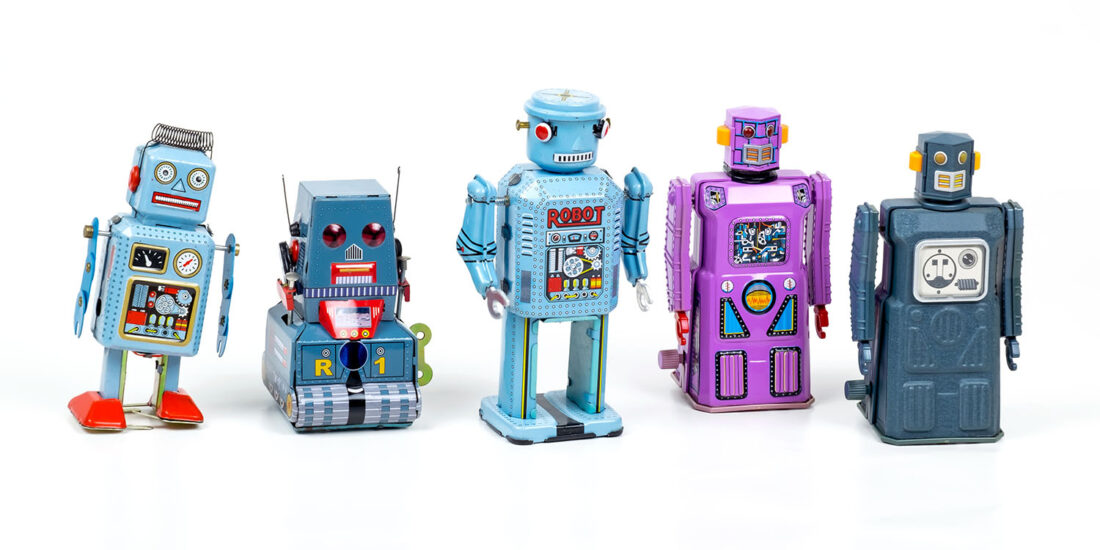In today's global landscape, nations are witnessing a significant shift towards an ageing population, posing various economic and social challenges. One of the most pressing issues stemming from this demographic change is the strain on social security and healthcare systems. Consequently, there is a substantial demand for care workers, far surpassing the available supply. Over the years, the emergence of new technologies has promised to automate household tasks, enabling safe and independent living for older adults. Depicted as companions in films and popularised through social media, robots have been envisioned as capable assistants in domestic chores and social interactions. Regrettably, the current reality presents a stark contrast to these futuristic portrayals, with robotic automation in most homes limited to automated vacuum cleaners at best. In this keynote speech, we will explore the underlying reasons for this discrepancy, considering both technical limitations and human factors. Our focus will be on the crucial aspects of adoption and acceptability, aiming to redefine the concept of "useful" robots in the context of older adults' households. By examining the barriers to the widespread adoption of robotics in home environments, we can identify the necessary changes needed to facilitate successful cohabitation. We will delve into the notion of "neediness" and its significance in shaping a harmonious living environment for older adults in the near future. With these insights, we can embrace the transformative potential of robotics and catalyse positive global change, fostering a new era of enhanced well-being for ageing populations worldwide.
Read presenter's biographyThe Robotic Roommates Revolution: Embracing Needy Robots in Our Homes for a Better Future

